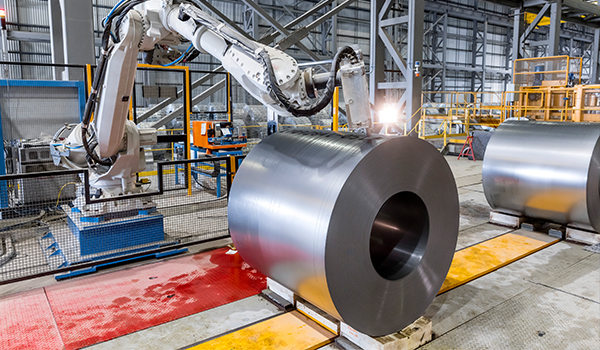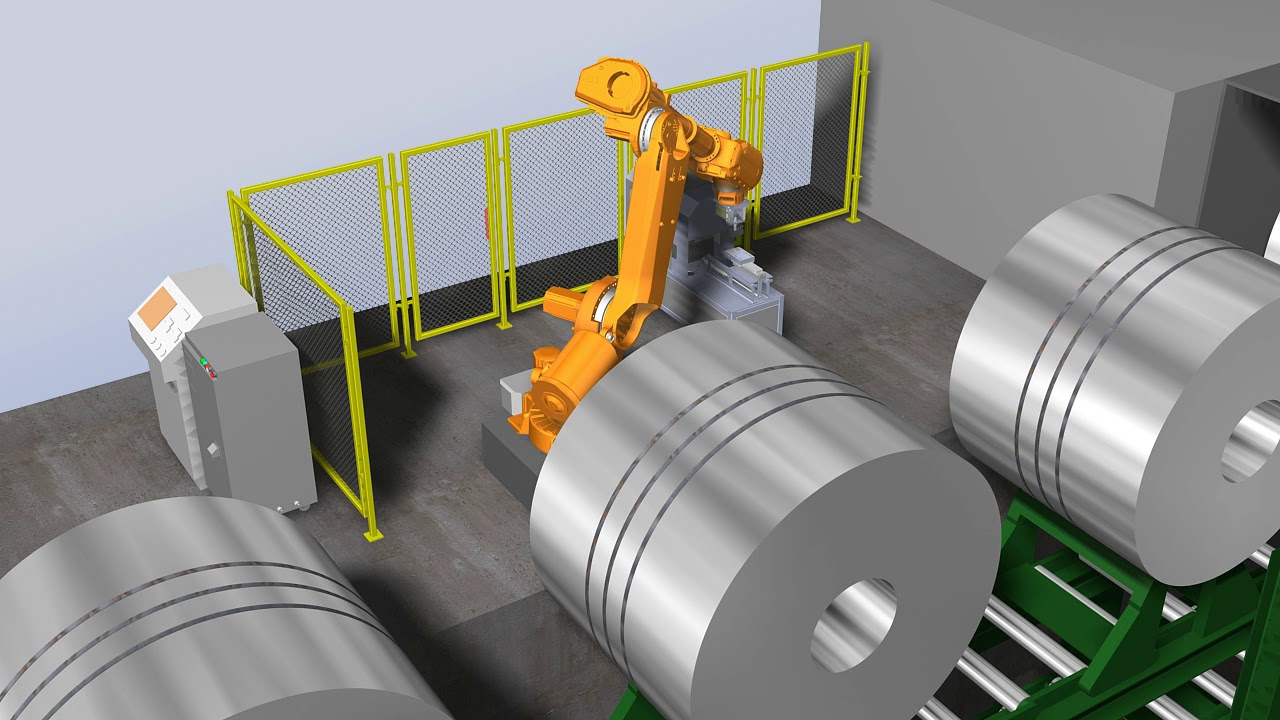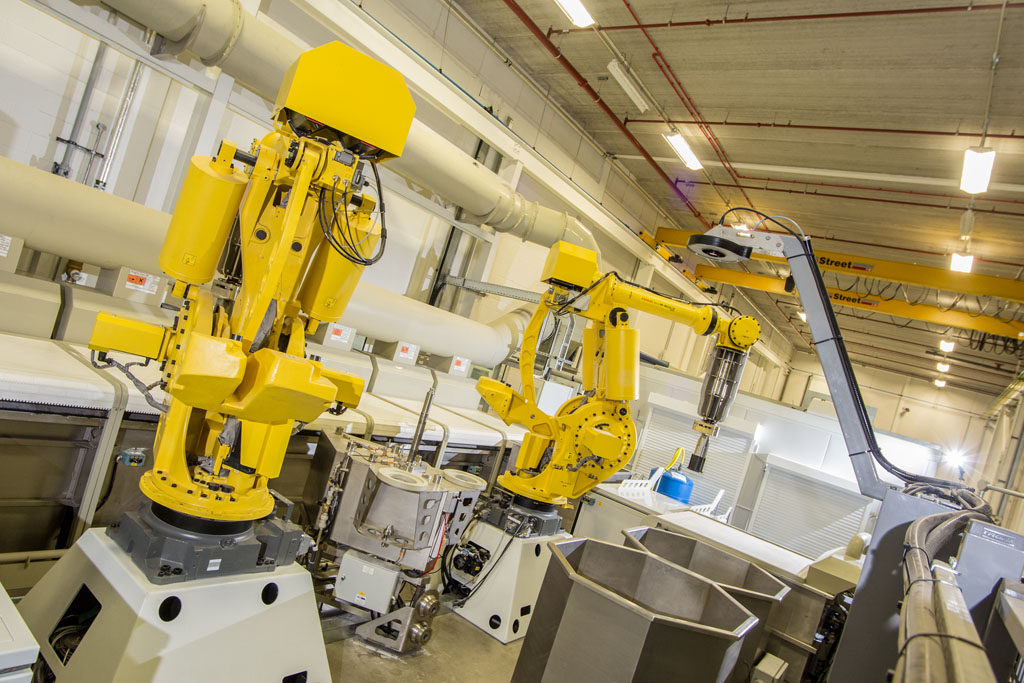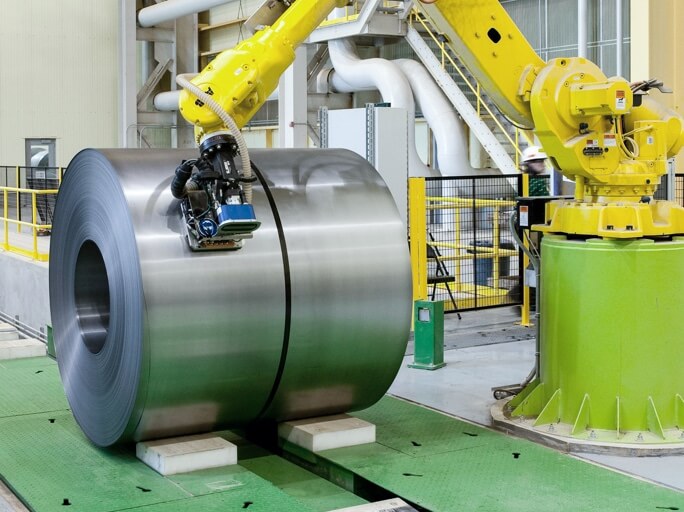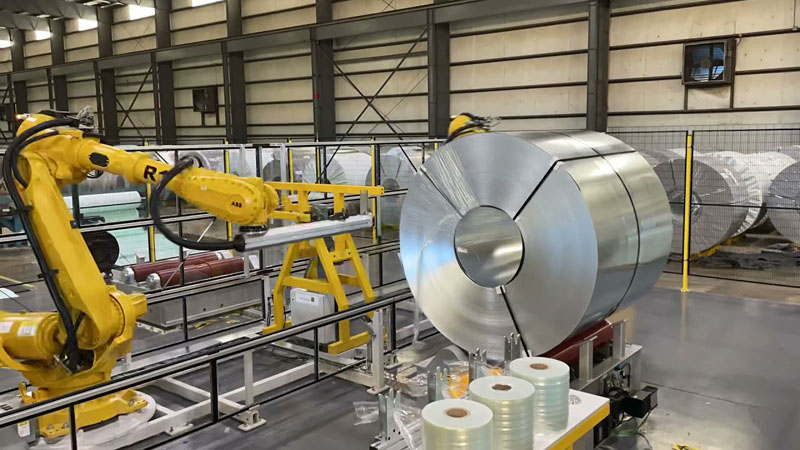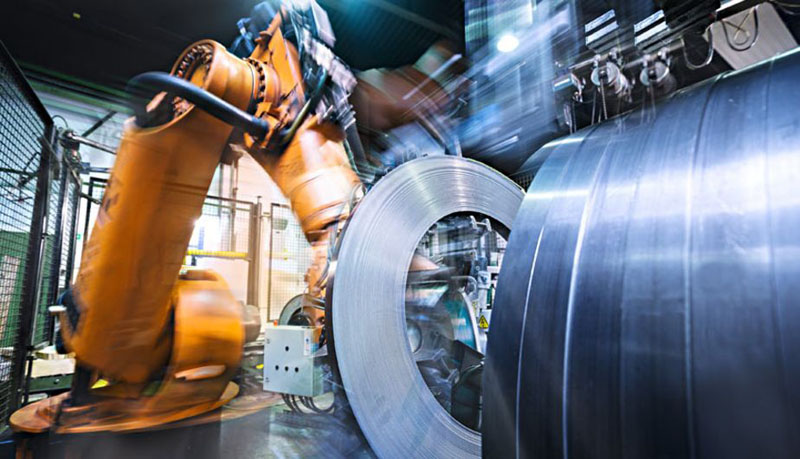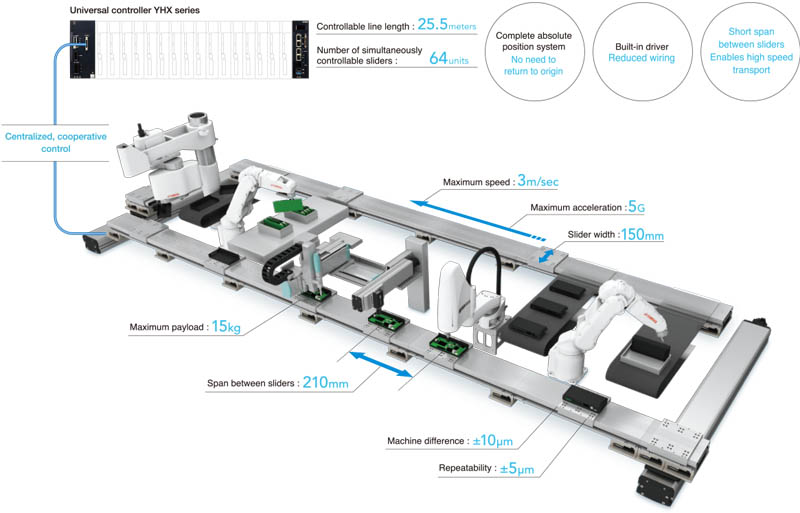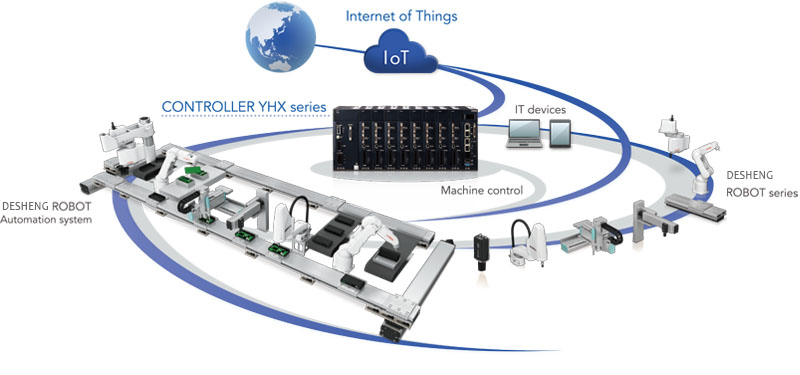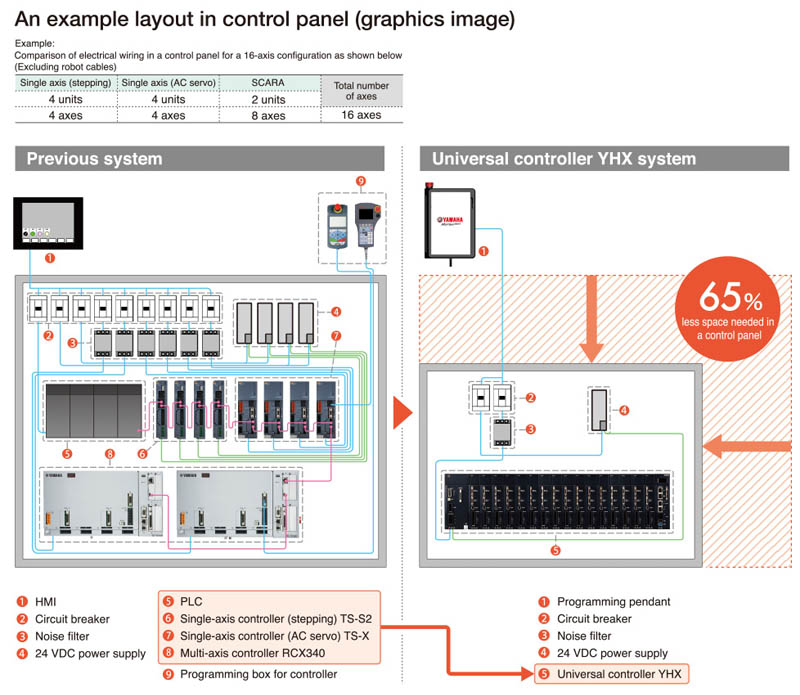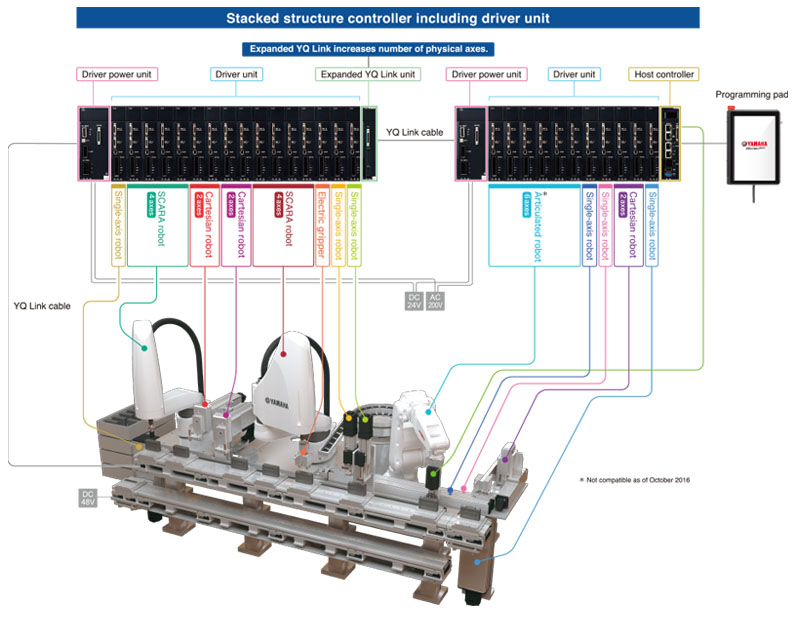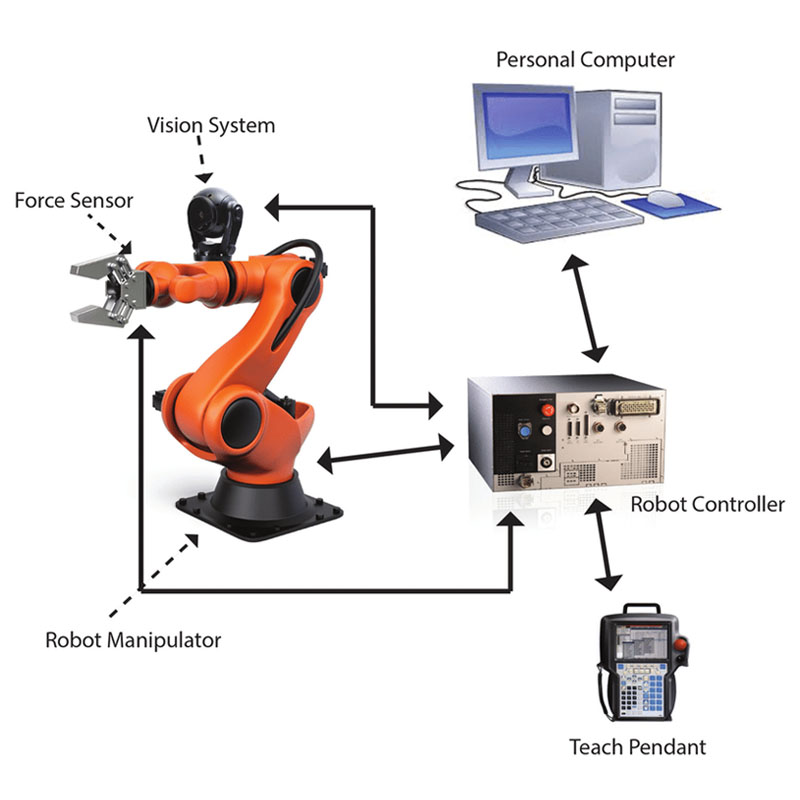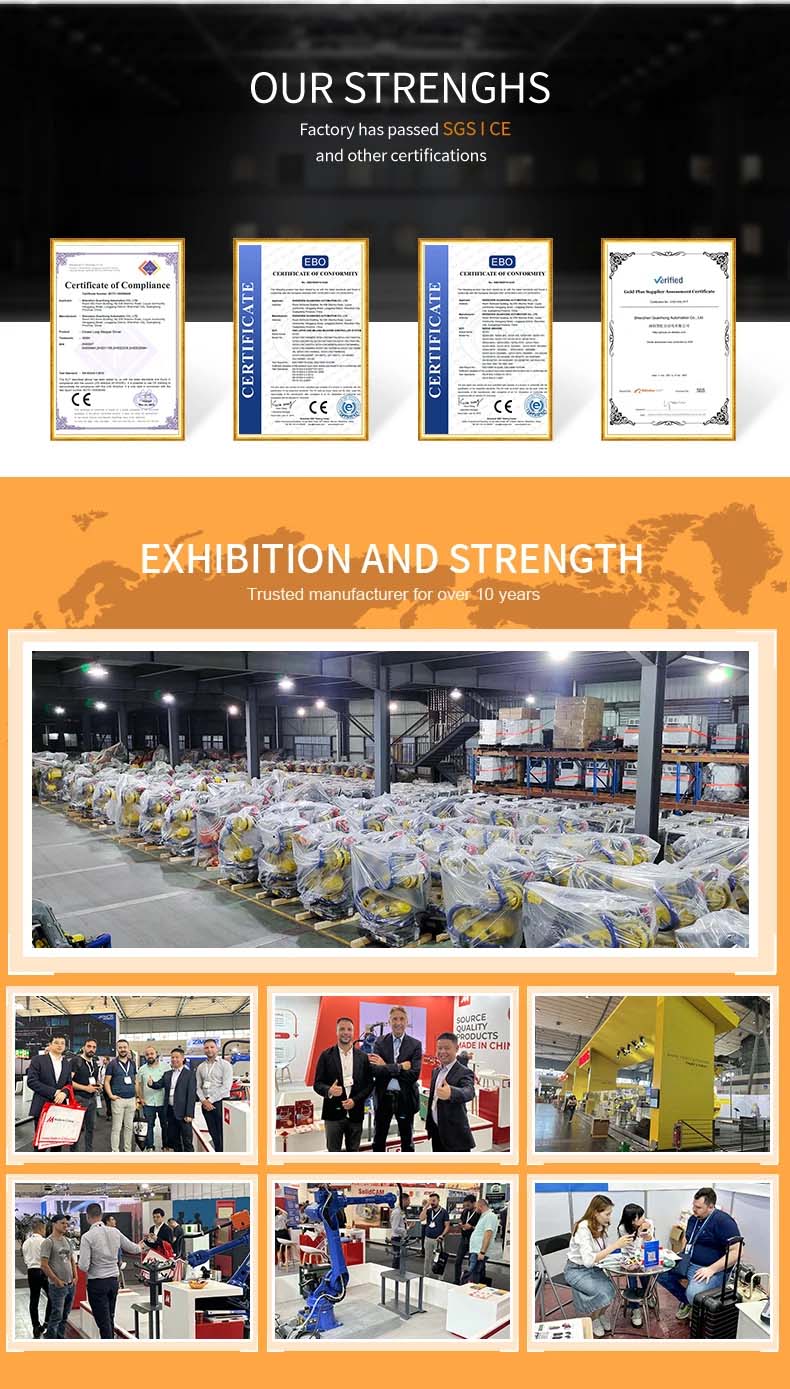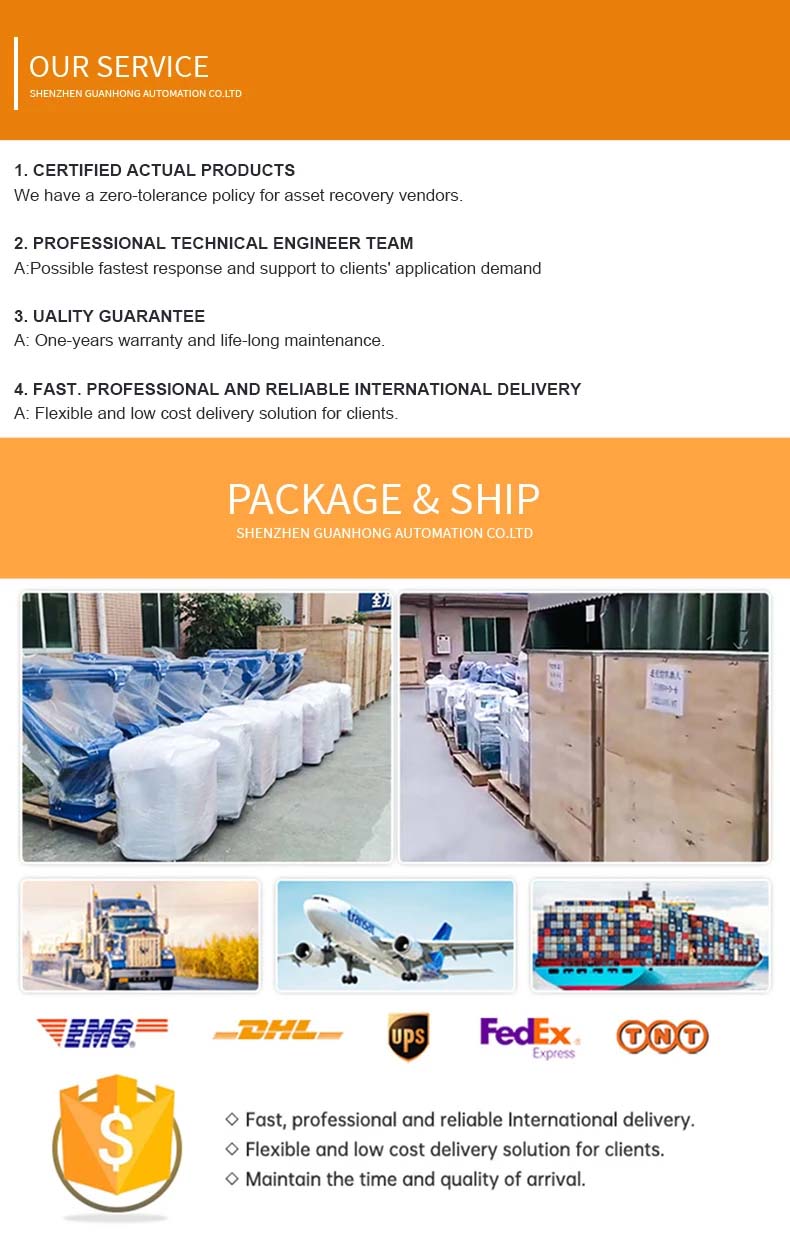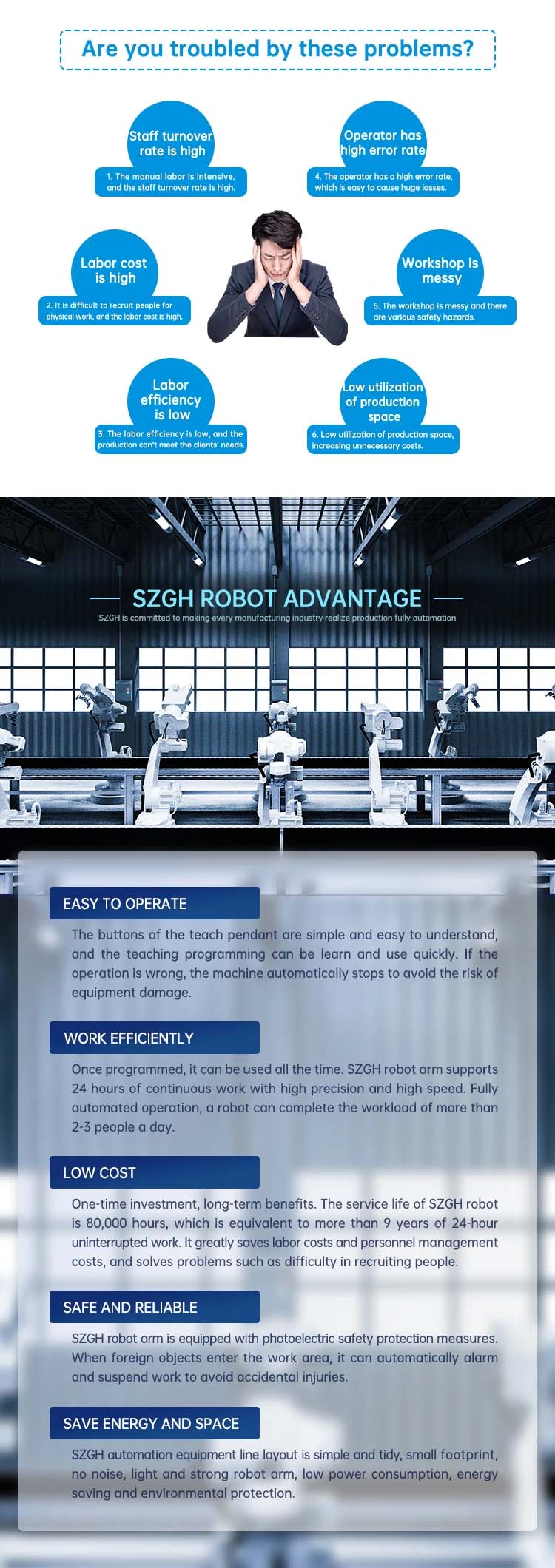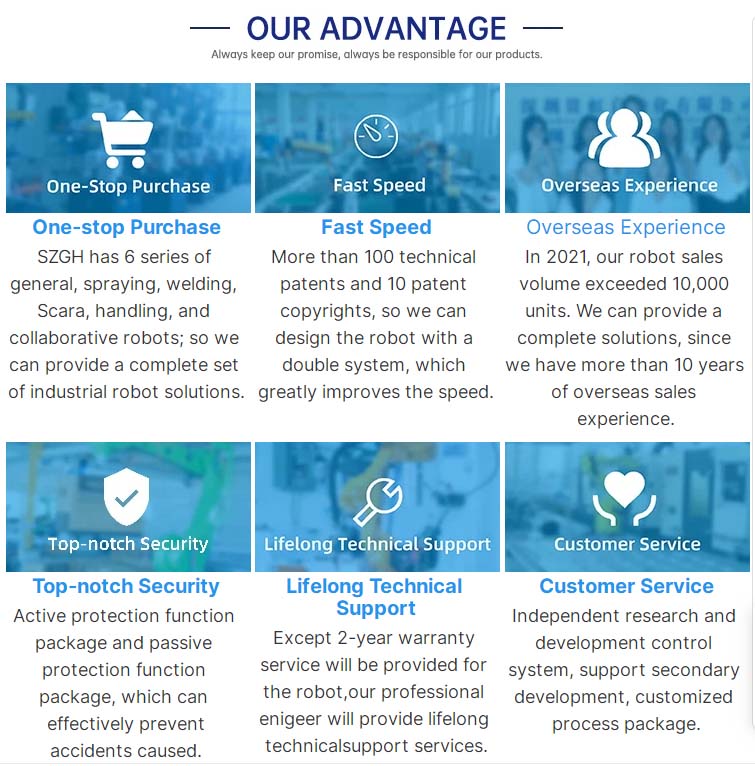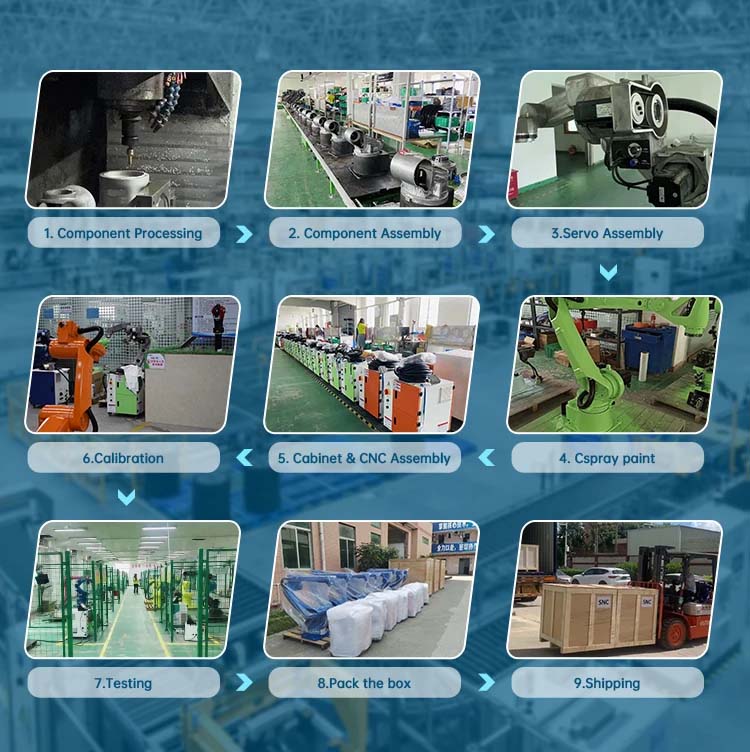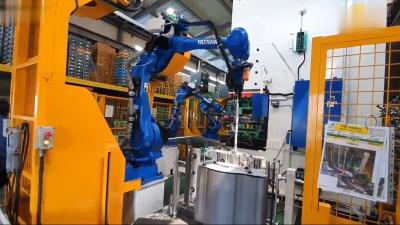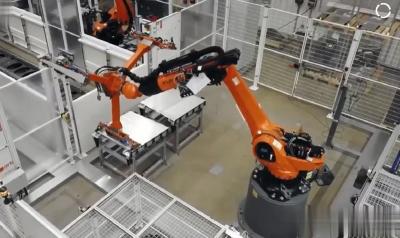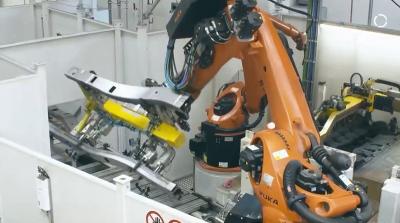Robots In Industry Manufacturing
Robots In Industry Manufacturing:
1,Increased productivity and efficiency: Robots can work continuously without getting tired or making mistakes, therefore improving production rates and reducing human errors.
2,Improved workplace safety: Robots can perform hazardous tasks in dangerous environments, reducing the risk of injuries or accidents to human workers.
3,Enhanced precision and quality control: Robots are programmed to perform highly precise movements, resulting in consistent product quality and reducing the need for rework or rejects.
Please Contact Us For Detailed Technical Parameters.
Robots In Industry Manufacturing:
Robots in Industry Manufacturing, also known as robotic arms, have transformed the manufacturing industry in numerous ways. These advanced machines offer several advantages that have revolutionized production processes.
Firstly, robots used in manufacturing industry significantly enhance productivity and efficiency. With their ability to work continuously without fatigue or errors, these robots can perform tasks at a much faster rate than human workers. They can also handle repetitive or monotonous tasks that are often time-consuming for humans, freeing up valuable time and resources.
In addition, industrial robot manufacturing enhances workplace safety. By taking on hazardous or dangerous tasks, these robots help mitigate the risk of injuries or accidents to human workers. They can safely operate in environments with extreme temperatures, toxic substances, or high-risk operations, improving the overall safety of the manufacturing process.
Furthermore, robotic arm manufacturing has played a crucial role in improving precision and quality control. These robots are programmed to execute highly precise movements, resulting in consistent product quality. This reduces the need for rework or rejects, thereby saving time and costs associated with quality control measures.
In summary, the incorporation of robots in industry manufacturing has revolutionized the manufacturing industry. Their ability to increase productivity, enhance workplace safety, and improve precision and quality control make them an invaluable asset in modern production processes.


